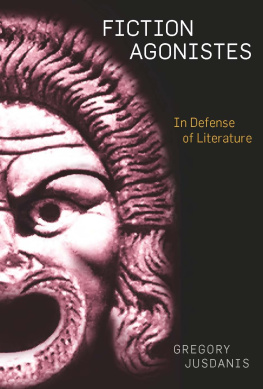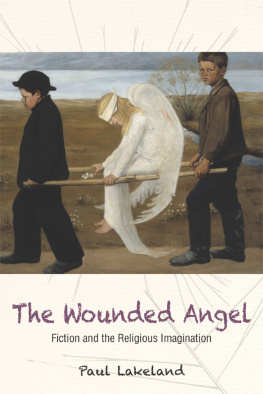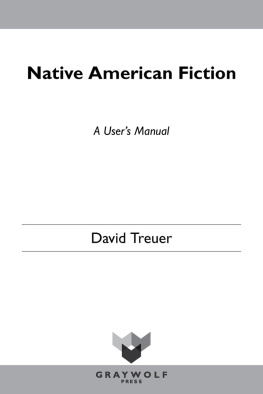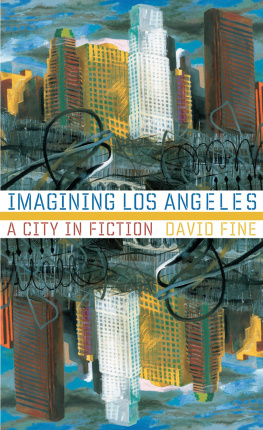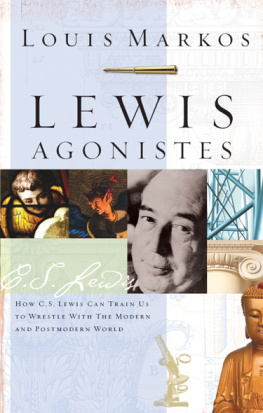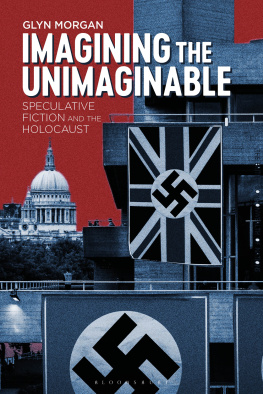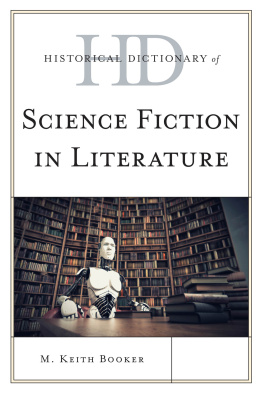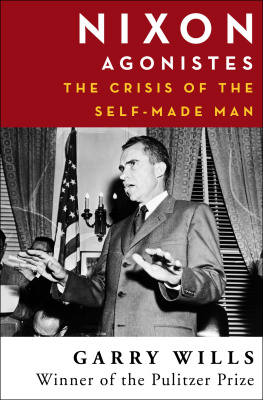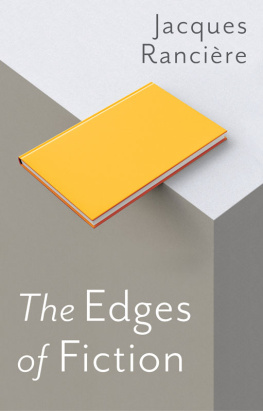Jusdanis - Fiction Agonistes In Defense of Literature
Here you can read online Jusdanis - Fiction Agonistes In Defense of Literature full text of the book (entire story) in english for free. Download pdf and epub, get meaning, cover and reviews about this ebook. City: Palo Alto, year: 2010;2011, publisher: Stanford University Press, genre: Art. Description of the work, (preface) as well as reviews are available. Best literature library LitArk.com created for fans of good reading and offers a wide selection of genres:
Romance novel
Science fiction
Adventure
Detective
Science
History
Home and family
Prose
Art
Politics
Computer
Non-fiction
Religion
Business
Children
Humor
Choose a favorite category and find really read worthwhile books. Enjoy immersion in the world of imagination, feel the emotions of the characters or learn something new for yourself, make an fascinating discovery.
Fiction Agonistes In Defense of Literature: summary, description and annotation
We offer to read an annotation, description, summary or preface (depends on what the author of the book "Fiction Agonistes In Defense of Literature" wrote himself). If you haven't found the necessary information about the book — write in the comments, we will try to find it.
Jusdanis: author's other books
Who wrote Fiction Agonistes In Defense of Literature? Find out the surname, the name of the author of the book and a list of all author's works by series.
Fiction Agonistes In Defense of Literature — read online for free the complete book (whole text) full work
Below is the text of the book, divided by pages. System saving the place of the last page read, allows you to conveniently read the book "Fiction Agonistes In Defense of Literature" online for free, without having to search again every time where you left off. Put a bookmark, and you can go to the page where you finished reading at any time.
Font size:
Interval:
Bookmark:
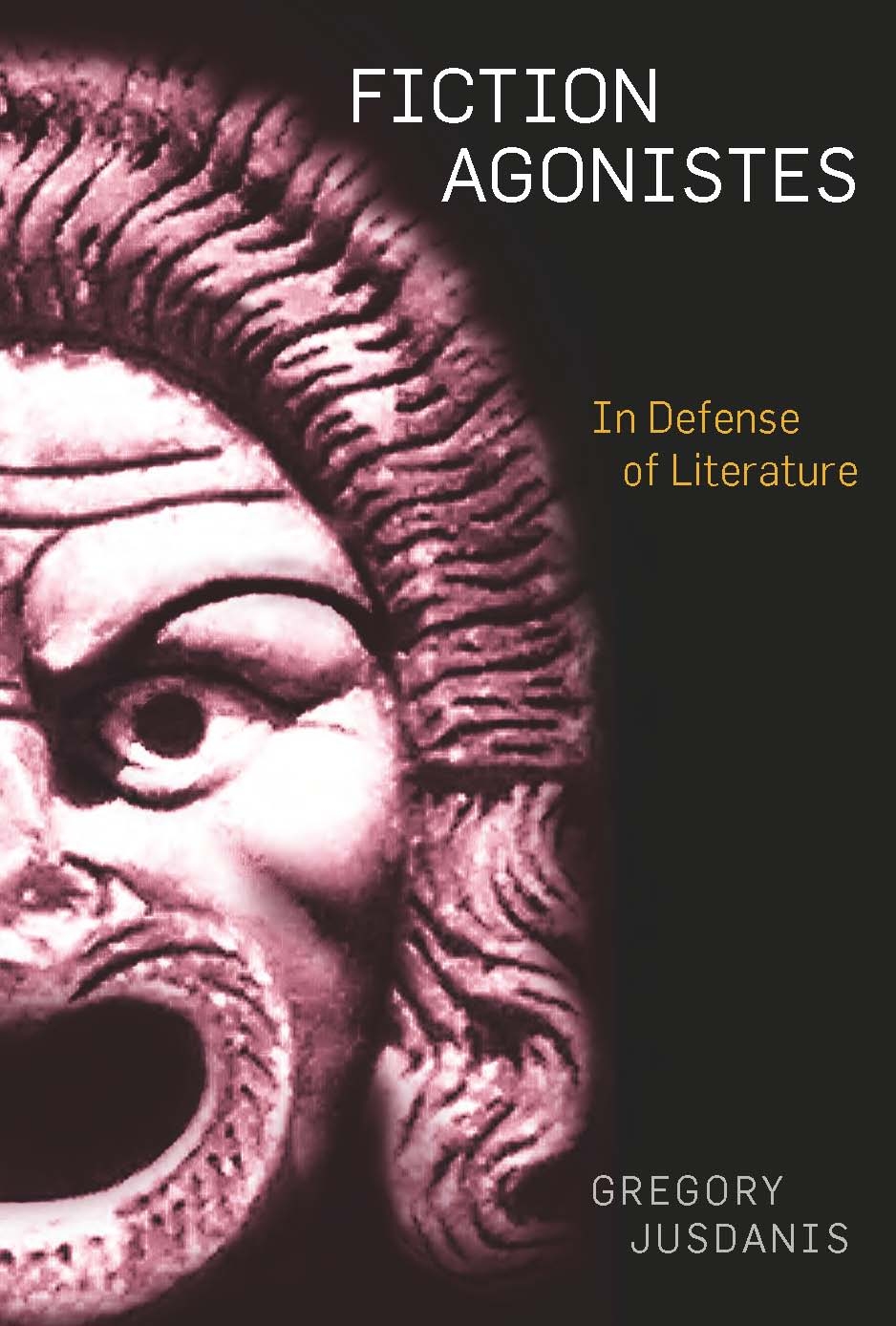
If literature needs a defense, friends and family deserve acknowledgment. My wife, Julian Anderson, has gone over every line I have published with her novelists eye. She has always encouraged me to become a better writer. Where would I be without the prodding, advice, and friendly ear of Vassilis Lambropoulos? Jim Zafris, the most literate lawyer, marked the pages with his practical pen. As a student and colleague, Ric Rader plodded through the manuscript twice, helping me stay relevant. Only a careful editor, like Jim Phelan, could be so bold in his suggestions for cutting. And how often did Roland Greene help me, though we have met only twice?
My childrenAdrian, Alexander, and Claredeserve my gratitude for having had to listen over the years to more than their share of talk about literature and the autonomous aesthetic.
Having read an early draft of the manuscript, Jochen Schulte-Sasse suggested a number of revisions. Nina Berman, Dick Davis, and Yiorgos Anagnostou provided valuable bibliographic references and explanations about key facts and ideas. Sebastian Knowles shared with me his vast knowledge of English modernism. The College of Humanities at The Ohio State University provided me with time to complete this project.
Emily-Jane Cohen of Stanford University Press proved a tenacious, well-informed editor. Sarah Crane Newman, her assistant, was prompt, helpful, and efficient. I also thank the two anonymous readers whose comments helped sharpen the argument. Margaret Pinette supervised the copyediting process with great professionalism.
I dedicate this book to my mother and late father, who, although they could not read my work, always supported it.
For example, Elaine Scarry (1999), Wendy Steiner (2001), Stathis Gourgouris (2003), Jonathan Loesberg (2005), Charles Martindale (2005), Alexander Nehamas (2007), Myra Jehlen (2008), Jay Parini (2008), James Wood (2008), and the anthologies by George Levine (1994), James Soderholm (1997), Pamela R. Matthews and David McWhitler (2003), and John J. Joughin and Simon Malpas (2003).
Niklas Luhmann characterizes functional specialization as one of the few constant elements in the history of sociology (2000: 133). It signifies the occupational segmentation of society by which various human activities became grouped into separate categories (religion, education, the state, the economy, and the bureaucracy) as analyzed by Marx, Weber, and Durkheim.
The modern Greek logotechnia appeared in the early nineteenth century to signify the general category of literature, replacing the narrow poiisis (poetry). See my Belated Modernity and Aesthetic Culture (1991).
Obviously the boundaries are fluid. Literary texts often play with this tension between the literary and nonliterary. But we should note that, although a poem may present itself as a laundry list, few people would take a poem to the cleaners.
Lukcss motivation for writing The Theory of the Novel was the outbreak of World War I. He saw the problem of the novel as mirroring the problem of the world gone out of joint (1971: 17).
Yet 9/11 novels have appeared: Jonathan Safran Foers Extremely Loud and Incredibly Close (2005), Ian McEwans Saturday (2005), and Claire Messuds The Emperors Children (2006).
See Edmund Burkes Philosophical Inquiry into the Origin of Our Ideas of the Sublime and Beautiful ([1756] 1873).
One is reminded here of the opening to Rilkes first Duino Elegy: Beautys nothing / but the start of terror we can hardly bear, /and we adore it because of the serene score / it could kill us with (1955: 5).
Wendy Steiner has shown how modernist artists employed the sublime as a weapon to devalue beauty (2001). We demote beauty, Elaine Scarry notes, when we turn our eyes away from the meadow flowers to the august silence of ancient groves (1999: 84).
See Are Book Reviewers out of Print? New York Times May 2, 2007, (B1).
More than fifteen years earlier Nicholas Zill and Marianne Winglee came to similar conclusions in their analysis of American publishing (1989).
See Alonso (2003), Crewe (2004), Lewis (2002, 2004), MLA (2002) and Murrell (2001).
In his tenure as the director of the Literature Program of the National Endowment for the Arts under George W. H. Bush, Joe David Bellamy heard three arguments in defense of federal support for the arts: economic, social, and pedagogic. They stimulate tourism and promote civic pride; they can ameliorate the effects of poverty and racial inequality; they lead to better performance in academic subjects (1992: 669).
The essays appeared in PMLA 117: 3 (2002): 487522. A similar anthology appeared six years later on the significance and place of lyric in the undergraduate curriculum. PMLA 123: 1 (2008): 181234.
See Fiction Losing Status in Schools Columbus Dispatch April 23, 2007, (A1). The articles subtitle is telling: Nonfiction Better Preparation for Tests, Life.
See also Mark Edmundson (1995).
The list of complaints is long. Winfried Fluck refers to the frequent dismissal of aesthetic concerns in literary studies (2002: 7980). Those who speak about the literariness of texts, Heinz Ickstadt argues, often appear reactionary (2002: 263). Marc William Roche worries that we neglect normative questions such as What is Art? Why should we read and teach literature? (2004: 10).
See also Danto (1997). J. Hillis Miller saw similar lessons in the fading of literature as a cultural force in the late twentieth century. The efflorescence of literary theory signals the death of literature (2002: 35).
One can point to the Parthenon marbles in the British Museum as an illustration of Hegels point. They embellish the museum rather than glorifying a temple. On the Greek perception of sculpture, see Shiner (2001: 2526).
Compare Spenglers dire association of modern society with the decline of Rome (192628: 40) to Fukuyamas ebullient prediction that at the end of history there are no serious ideological competitors left to liberal democracy (1992: 211). See Cooper (1984), Niethammer (1992), and Christensen (2000).
Kant believed that after the many wars and reformative revolutions this cosmopolitan civic society would be achieved in which all the original capacities of the human race can develop (2001: 23).
From a different point of view, David Simpson explores how storytelling has migrated from this genre to other disciplines and popular culture, yielding the confessional and conversational modes of postmodernism (1995).
The play, part of Stoppards trilogy, The Coast of Utopia, explores the romantics and revolutionaries in nineteenth-century Russia.
Culture in general is in the same situation, often regarded as a derivative force in society, reacting to changes rather than generating them itself, overshadowed by more influential forces such as the economy or the state. I have dealt with this at greater length in The Necessary Nation (2001). See also Butler 1998.
Plato had as his target the centrality of literary study in Athens and the overwhelming importance of drama and poetry in social life (Levin 2001: 9). In order to show the dominance of philosophy he had to undermine poetrys privileged position. In so doing, he saw the two as separate modes of discourse.
Poets, Horace wrote in Ars Poetica, should benefit and amuse, being at once both pleasing and helpful to life (1929: 479).
Clement Greenberg made similar arguments for modern art, decrying confusion of genres and calling for sharper distinctions among arts, with each art focused on its own resources and medium (1985).
Font size:
Interval:
Bookmark:
Similar books «Fiction Agonistes In Defense of Literature»
Look at similar books to Fiction Agonistes In Defense of Literature. We have selected literature similar in name and meaning in the hope of providing readers with more options to find new, interesting, not yet read works.
Discussion, reviews of the book Fiction Agonistes In Defense of Literature and just readers' own opinions. Leave your comments, write what you think about the work, its meaning or the main characters. Specify what exactly you liked and what you didn't like, and why you think so.

